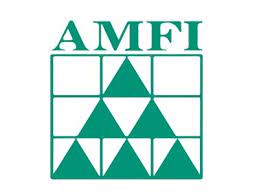
ETFs are investment funds that track the performance of a specific index, sector, commodity, or asset class. By purchasing shares of an ETF, you gain exposure to a broad range of securities without the need to buy each one individually. This makes ETFs a cost-effective and efficient way to diversify your investment portfolio. They are known for their liquidity, transparency, and lower expense ratios compared to traditional mutual funds.
Types of ETFs:
- Equity ETFs: Invest in a basket of stocks following a specific index or sector.
- Bond ETFs: Include government, corporate, or municipal bonds.
- Commodity ETFs: Invest in physical commodities like gold, silver, or oil.
- Sector and Thematic ETFs: Focus on specific industries such as technology, healthcare, or renewable energy.
- International ETFs: Provide exposure to global markets.
Features:
- Diversification: Invest in multiple securities with a single purchase.
- Liquidity: Buy and sell ETFs on stock exchanges throughout the trading day.
- Cost-Effective: Lower expense ratios compared to mutual funds.
- Transparency: Holdings are disclosed daily, ensuring investment clarity.
- Flexibility: Trade ETFs like individual stocks, enabling strategic buying and selling.
ETFs are an excellent choice for investors seeking diversified exposure with the convenience of stock trading. Whether you aim for growth, income, or risk management, ETFs provide a flexible and efficient investment option.


